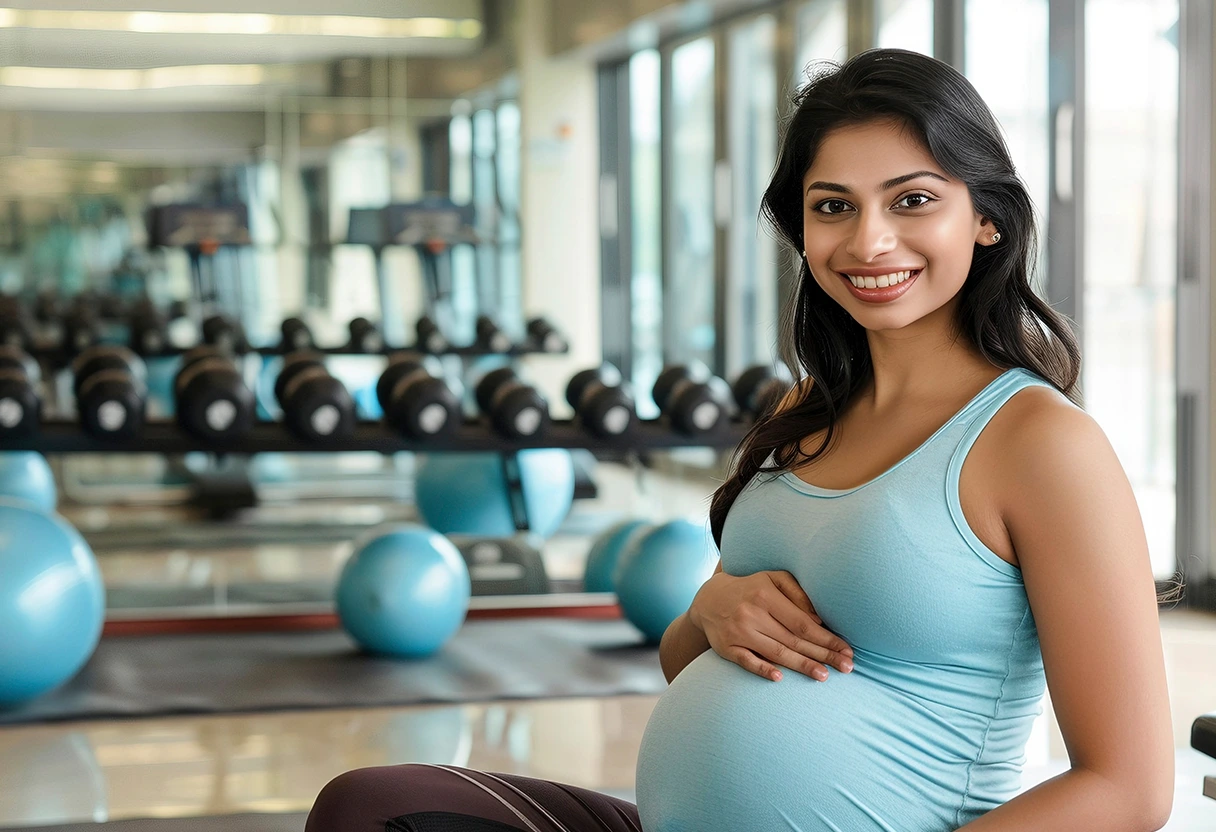
Exercise and Fertility: How Much Is Too Much?
Introduction
Exercise is an essential part of a healthy lifestyle. It strengthens the heart, improves mood, reduces stress, and maintains weight. But when it comes to fertility, the connection with exercise isn’t always straightforward. While moderate physical activity can improve reproductive health, pushing the body too far may sometimes reduce the chances of conception. Understanding the balance is key for couples who are trying to conceive.
Quick Summary
- Moderate exercise supports fertility by balancing hormones and reducing stress.
- Excessive exercise can disrupt ovulation in women and lower sperm quality in men.
- Stress hormones like cortisol play a significant role in reproductive health.
- Fertility-friendly exercises include yoga, walking, swimming, and light strength training.
- A balanced routine of about 150 minutes of moderate activity per week is recommended.
Can Too Much Exercise Affect Fertility?
Yes, over-exercising can negatively impact fertility. In women, intense or prolonged workouts may disrupt the hormonal signals that regulate the menstrual cycle. This can lead to irregular ovulation or, in some cases, the absence of ovulation. Women with very low body fat due to excessive exercise are at higher risk of fertility problems.
In men, overtraining can reduce testosterone levels and impair sperm production. It may also increase oxidative stress, affecting sperm quality. While staying active is important, couples should be aware that more exercise does not always mean better results for fertility.
What Types of Exercise Help Boost Fertility?
Not all exercises affect fertility in the same way. Gentle, moderate forms of activity are often beneficial. Walking, swimming, yoga, and light strength training improve blood circulation, reduce stress, and support hormonal balance. For women with conditions like PCOS, regular moderate exercise can help regulate insulin levels and improve ovulation.
For men, moderate activity improves blood flow to reproductive organs and supports healthy sperm production. The key is consistency: 30 minutes a day, five times a week, can be more effective than sporadic, intense workouts.
The Role of Stress and Hormones in Fertility
Stress is one of the hidden factors that can affect fertility. While exercise helps manage stress, pushing the body too hard can have the opposite effect. Excessive exercise increases cortisol levels, which interfere with reproductive hormones like estrogen, progesterone, and testosterone. This hormonal imbalance can make conception more difficult.
Mind-body activities like yoga or meditation combine movement with relaxation, helping reduce stress while also supporting reproductive health. This balance is especially important for couples undergoing fertility treatments, where emotional well-being plays a major role in success.
Finding the Right Balance in Exercise and Fertility
When trying to conceive, the goal should be moderation. Health experts recommend about 150 minutes of moderate-intensity exercise per week, such as brisk walking, swimming, or cycling. High-intensity workouts can still be part of a routine, but should be limited, especially for women with low body weight or irregular cycles.
Couples should listen to their bodies. Signs like missed periods, constant fatigue, or reduced stamina may indicate that the body needs more rest. At Sirpi Fertility Centre, specialists guide patients on building lifestyle habits, including exercise routines, that support fertility treatments like IVF, IUI, and ovulation induction.
Conclusion
Exercise and fertility share a close connection. The right level of physical activity can improve hormonal health, reduce stress, and increase the chances of conception. But crossing the line into over-exercising can disrupt the delicate balance needed for reproduction. The message is simple: moderation matters.

